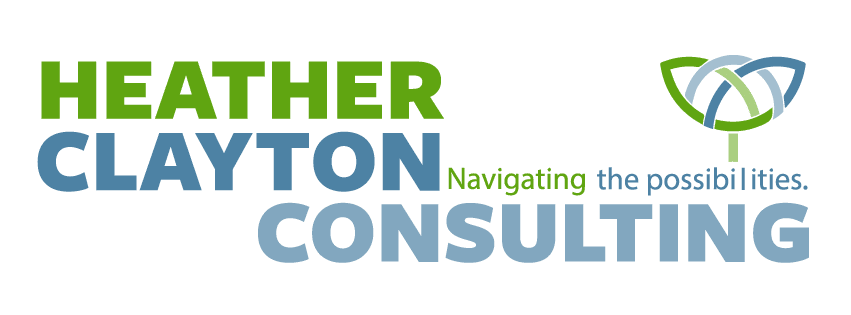“Relax – it’s simple!”
These were the words my golf pro instructor kept saying as I took my first golf lesson this week. Simple? Maybe to him – the expert. But as a beginner, I would certainly not describe the practice as simple. There are so many things to pay attention to and remember all at once. I left my lesson feeling slightly dejected and annoyed at myself and my instructor.
Once home, I reflected on this idea of simplicity and our varying views stemming from the same task. There were some principles that emerged as I worked through my first hour of trying to hit the golf ball.
- The simplicity in the task comes from being comfortable with the skill. As my instructor was telling me that the task was simple, my body was tight while I gripped the club and swung madly. As the hour wore on, I got used to the practice and was able to relax a little. It was only then that things started to feel simpler. But relaxing is not the default when we are learning new things.
- Sometimes less is more. Apparently a golf swing doesn’t have to be forceful. Accurate, calm and with flow, but not forceful. The energy I was putting in initially, just caused my body to contort, and the ball to go no where. As I focused more on technique and less on strength, the swing became smoother and the ball went further. This is such a life lesson and has me questioning: When else do I put too much effort into something – a relationship, a task, an activity?
- Being a learner is humbling. Most of my family are golfers, and they make it look so simple. As I took this first lesson, I was really surprised by how complex it seems to be (and we didn’t even get past trying to hit a flag on the driving range!). It’s hard to repeat something that is apparently “simple” over and over in front of someone, who is a pro and trying hard not to look bored or distracted.
Even more than the actual golf swing, I have been thinking about how this lesson compares to the work I do with leaders on skills and strategies that have almost become second nature – or simple – to me. Am I providing feedback that is encouraging growth while acknowledging the complexities of the task?
Another place where I am continuing to build my skills and get feedback is through work that I am doing with my own coach from UBC. This is called Mentor Coaching. She is listening to tapes of my coaching sessions and offering feedback based on the competencies of the International Coaching Federation. This experience has been both humbling and exciting. As I work with her and hone my skills, I see how these nuanced changes create even more space for my clients’ learning.
The thread that runs through this learning for me, is the connections between learning and feedback.
Feedback is crucial for learning. If we can hear feedback from others, we can not only be clear about our intention, but aware of our impact as well.
I hear over and over again from leaders, the power of having feedback conversations. When they ask well-crafted, simple questions and receive thoughtful responses, both parties leave the conversation feeling energized, clear and engaged.
When is the last time you received feedback while learning a brand new skill? What kind of feedback did you request? What was the feedback that you received? And how might you use this learning when providing feedback to others?
The one thing that is very clear to me is that none of this is “simple”.
